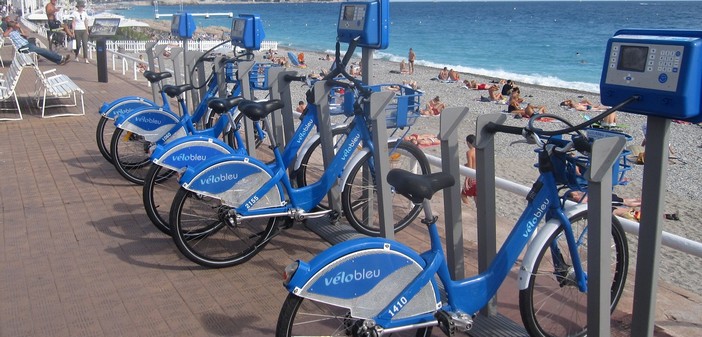The bicycle mileage allowance, included in the law on energy transition, will encourage workers to ditch their motor vehicle for their bicycle.
The bicycle mileage allowance (IKV) will be set at 25 cents per kilometer. It is the employer who will decide whether or not to pay it. This allowance, a kind of “cyclist bonus,” aims to compensate employees who commute to work by bicycle.
Similarly, employees who choose public transportation benefit from a reimbursement of half the price of their monthly subscription.
And the fiscal mileage scale aims to compensate drivers for using their personal vehicle for commuting between home and work.
The growing bicycle market represents nearly 655,000 jobs (industry, trade, tourism, etc.) in the 27 European countries, according to a study by the European Cyclists’ Federation (ECF).
France is among the leading European countries. According to the report by the European Cyclists’ Federation, nearly 65,000 jobs are directly or indirectly related to bicycles, representing 10% of the European market.
Only Germany would have a larger share of workers, with more than 221,000 jobs.
However, currently, bicycles only account for 7.5% of European traffic. The study, which highlights the “high job creation potential of the sector,” shows that if this market were to double, more than a million jobs would be linked to cycling in Europe.
The electric-assist bicycle (EAB) will revolutionize the market. Between 2013 and 2014, the number of sales increased by 37%.
The bicycle mileage allowance, included in the law on energy transition, can also encourage workers to ditch their motor vehicle for their bicycle.


